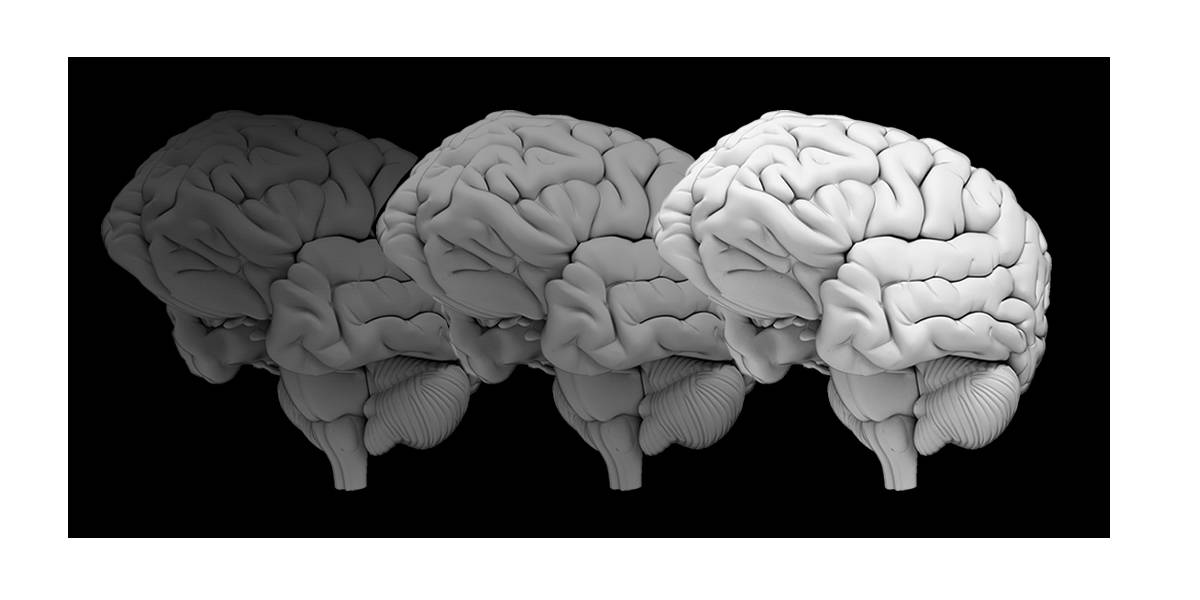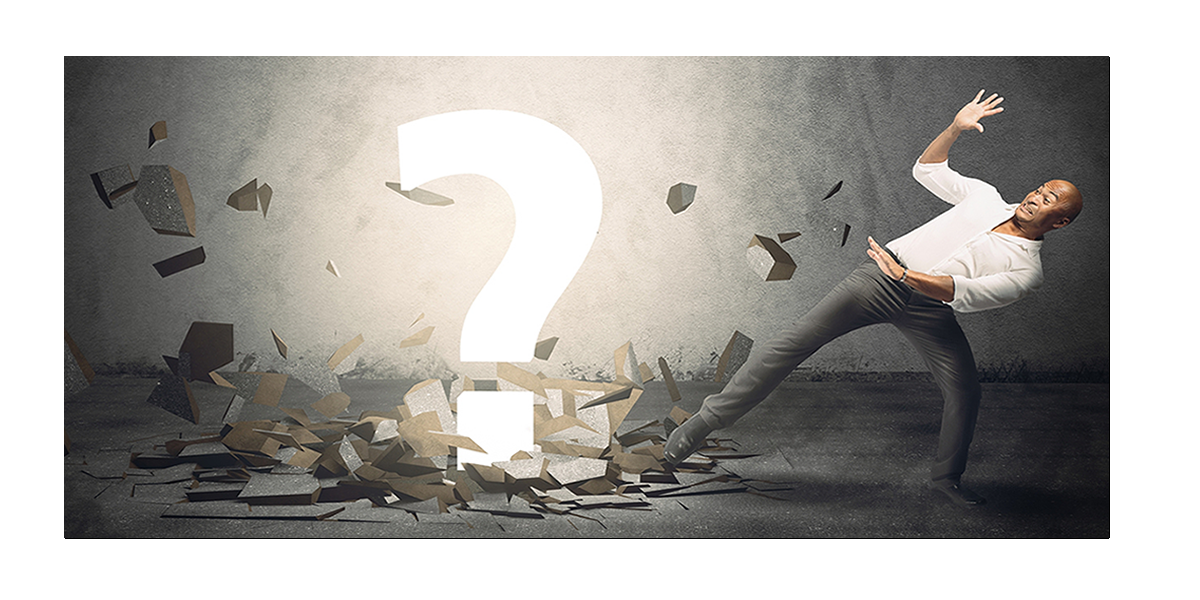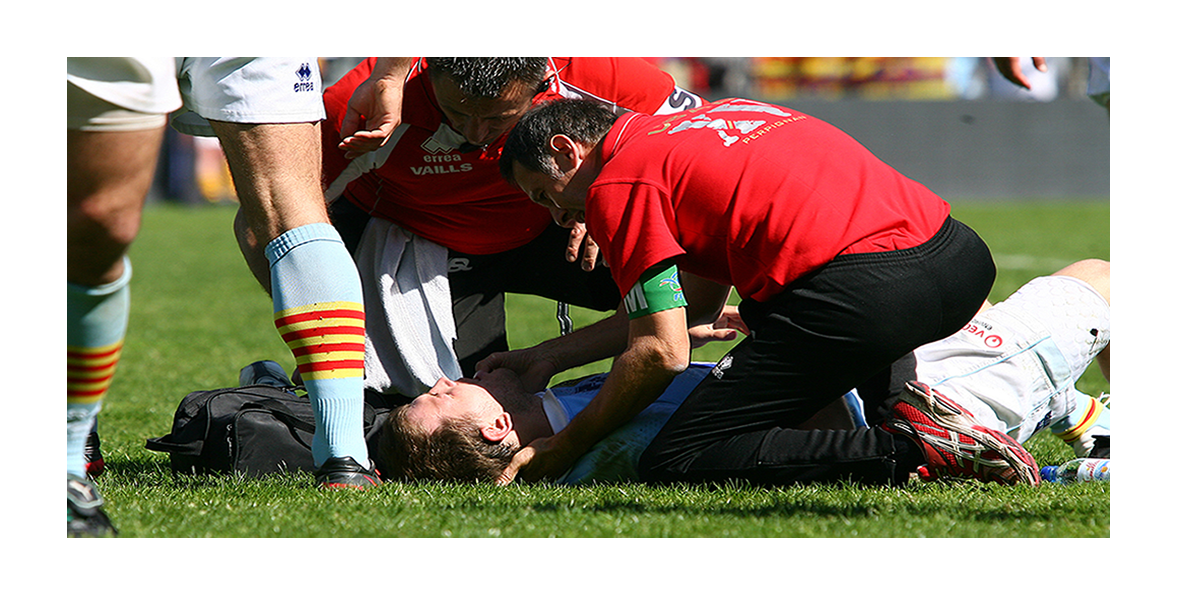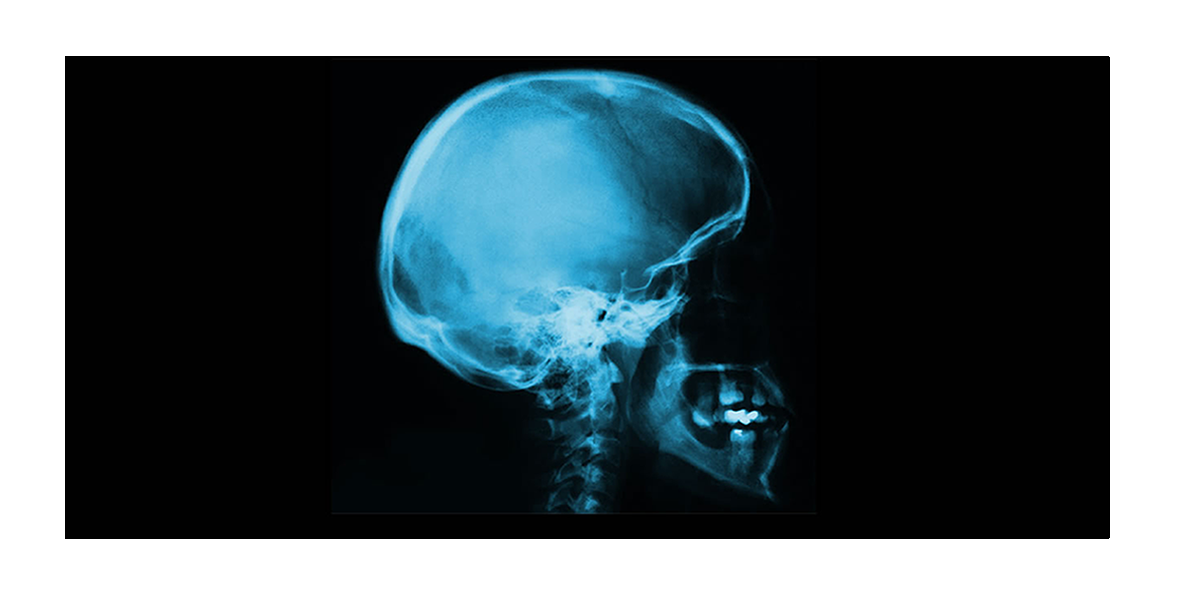Surgery linked to memory loss and dementia
The AgeJulia Medew

Director of anaesthesia at St Vincent's Hospital in Melbourne, David Scott: "We treat their heart really well but we do nothing for the brain." Photo: Louie Douvis
Hundreds of thousands of Australians are believed to be suffering memory loss for months after surgery and there are fears it could be causing dementia in people over 65.
The trend has prompted research into whose brains are most vulnerable and whether there are ways to prevent or treat cognitive deficits in people having surgery.
A meeting of anaesthetists in Singapore heard that while many patients experience confusion after waking from operations, one-third, or about 264,000, of the 800,000 Australians over 65 having operations each year are showing cognitive deficits one week after surgery. And about one in five or 160,000 people over the age of 65 are still suffering mentally three months on.
Lis Evered, the research manager of the Centre for Anaesthesia and Cognitive Function at St Vincent’s Hospital in Melbourne, said studies also suggested surgery could be triggering dementia in people who have subtle memory loss before surgery. Associate Professor Evered told the conference that a study of 67 Victorians with mild cognitive impairment before surgery showed 43 per cent of them had dementia one year on.
‘‘In the older population, you would expect 10 to 15 per cent who have mild cognitive impairment to progress to dementia over 12 months and we saw 43 per cent, which is significantly higher,’’ she said.
Beverley Orser, a professor of anaesthesia and physiology at the University of Toronto, said while post-operative cognitive decline was occurring in people irrespective of the type of surgery they were having and the anaesthetic used, it was more common among older people and those having longer procedures. It was also more likely to occur in people having multiple operations and suffering infections.
While it is unclear whether other factors were at play, such as inflammation in the body caused by surgery itself, Professor Orser said animal studies suggested anaesthetics were contributing to the problem.
However, in good news, she said tests on mice showed memory loss caused by inhaled anaesthetics could be reversed with an experimental drug that targets particular receptors.
‘‘We’re hopeful that there may be compounds that are able to at least in part reverse some of the memory deficits associated with anaesthesia and surgery. It’s promising but it’s early days,’’ she said at the Australian and New Zealand College of Anaesthetists annual scientific meeting.
The director of anaesthesia at St Vincent’s Hospital in Melbourne, David Scott, said the research was prompting anaesthetists to investigate who is most at risk and what can be done to prevent them either having surgery or suffering cognitive damage in the process. While great attention has been paid to the health of people’s hearts and lungs before surgery with various tests and drugs, Associate Professor Scott said it was time to do the same for people’s brains.
"We treat their heart really well but we do nothing for the brain. We anaesthetise it and we expect it to get better straight away,’’ he said.
Associate Professor Scott said his team was recruiting patients with mild cognitive impairment who needed surgery into a study that would assess their spinal fluid for early signs of Alzheimer’s disease. It is hoped the research, which will continue to track the patients after surgery, will help anaesthetists identify people most at risk of cognitive deficits and dementia.
.jpg)






